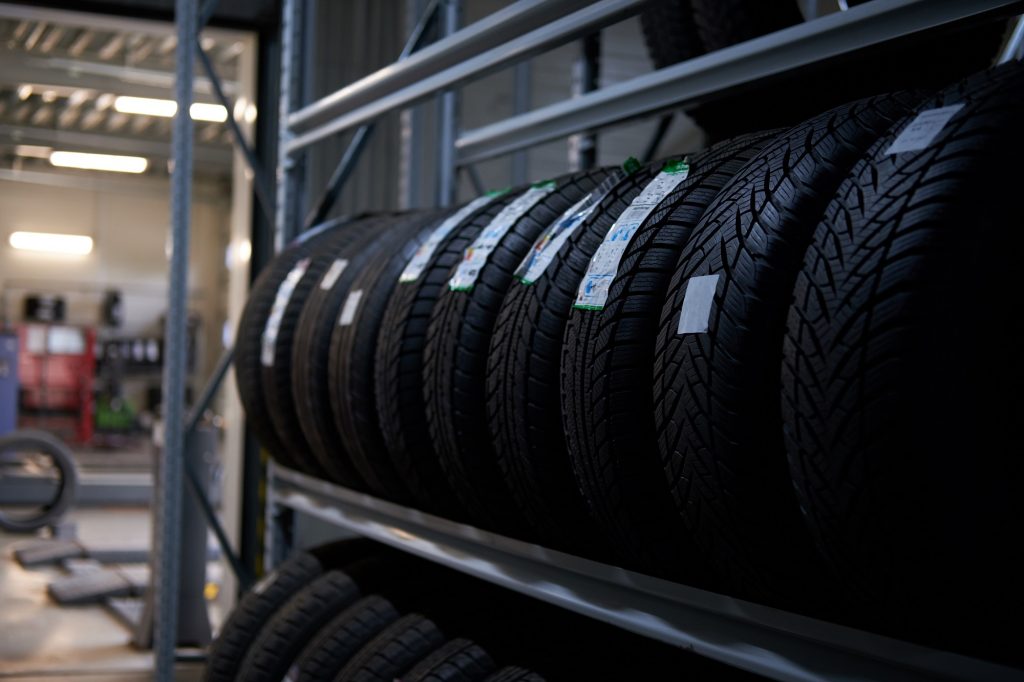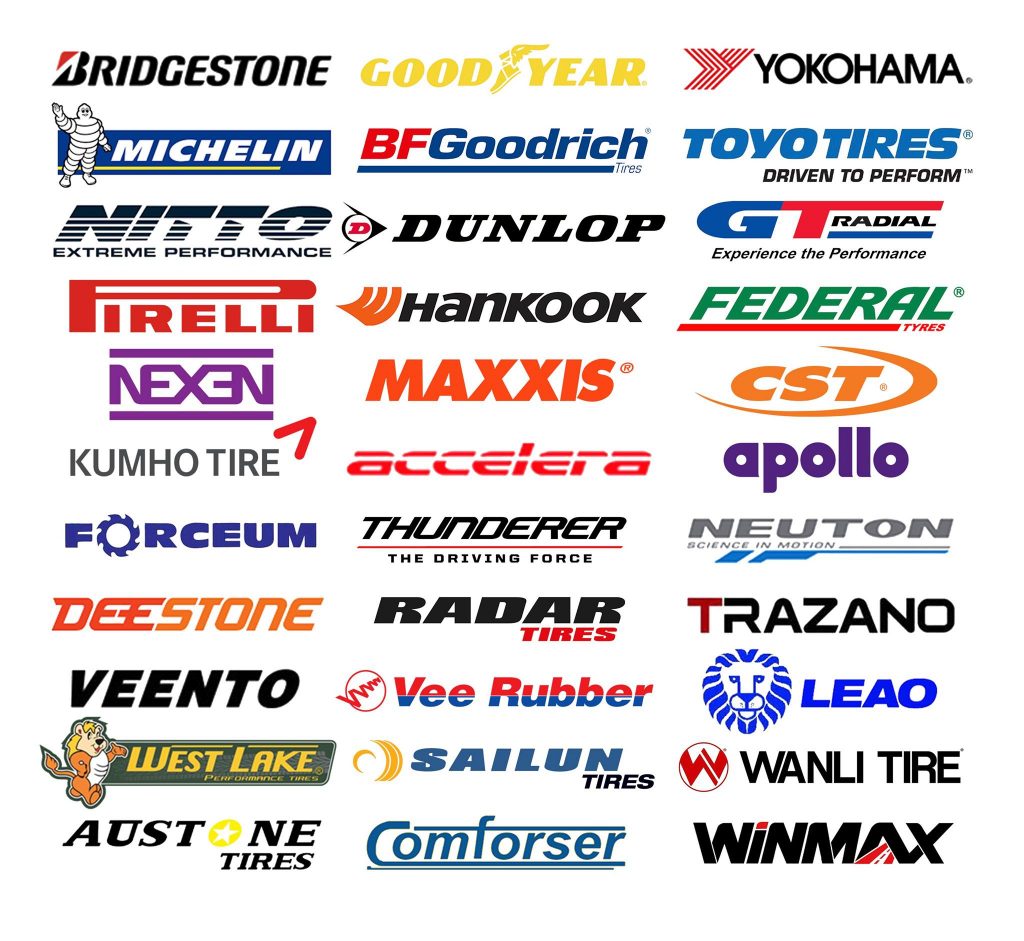Choosing the right tires is crucial for safety, performance, and durability. With countless options on the market, it can be difficult for consumers to determine which brand is best suited for their needs. This guide provides an in-depth comparison of the top 10 tire brands in 2025, covering key features, performance, and recommendations for different driving conditions. Read on for expert insights from Canada Custom Autoworks, your go-to source for high-quality tires.
Key Considerations When Choosing a Tire Brand
Before diving into the top brands, it's essential to understand what factors influence the best tire choice. Here are the key considerations:
- Tire Type: All-season, winter, summer, off-road, and performance tires all have distinct characteristics and are designed for specific conditions.
- Durability: High-quality tires last longer and provide better resistance to wear and tear.
- Traction & Grip: Different brands offer varying levels of traction, affecting handling and braking.
- Comfort & Noise Level: Some tires are designed for a quieter and smoother ride, ideal for highway driving.
- Price vs. Performance: Premium brands often provide better longevity and safety, but budget options can still offer reliable performance.
Top 10 Tire Brands in 2025
Here is a ranked list of the best tire brands based on performance, durability, and value for money.
| Rank | Brand | Strengths | Best For |
| 1 | Michelin | Long lifespan, fuel efficiency, all-season reliability | Everyday drivers, performance vehicles |
| 2 | Bridgestone | High-performance, great wet/dry grip | Sports cars, SUVs |
| 3 | Goodyear | Innovative tread technology, durable | All-season use, highways |
| 4 | Continental | Excellent wet traction, fuel efficiency | Commuters, sedans |
| 5 | Pirelli | High-performance, great cornering grip | Sports cars, luxury vehicles |
| 6 | BFGoodrich | Rugged design, off-road capabilities | Trucks, off-road enthusiasts |
| 7 | Cooper Tires | Affordable, reliable all-season tires | Budget-conscious buyers |
| 8 | Yokohama | Eco-friendly, comfortable ride | City driving, small cars |
| 9 | Toyo Tires | Great for snow and off-road use | Winter driving, SUVs |
| 10 | Falken | Budget-friendly, decent durability | Light trucks, casual drivers |
Understanding Tire Types and Their Uses
All-Season Tires
All-season tires provide balanced performance in various conditions, including light snow and rain. They are ideal for everyday drivers who don’t face extreme weather.
Winter Tires
Winter tires are made with a softer rubber compound that stays flexible in freezing temperatures, offering superior traction on snow and ice.
Summer Tires
These tires provide excellent grip and handling in dry and wet warm-weather conditions but are not suitable for winter driving.
All-Terrain Tires
Designed for both on-road and off-road use, all-terrain tires are best for SUVs and trucks that require a versatile solution.
Performance Tires
Performance tires offer enhanced handling and cornering, making them perfect for sports cars and high-speed driving.
 Expert Tips from Canada Custom Autoworks
Expert Tips from Canada Custom Autoworks
- Choose the Right Tire for Your Climate – If you live in an area with harsh winters, invest in dedicated winter tires for safety.
- Consider Your Driving Habits – Highway drivers need tires with low road noise, while off-roaders need aggressive tread patterns.
- Don’t Skimp on Quality – High-quality tires may have a higher upfront cost but save money in the long run by lasting longer.
- Regular Maintenance Extends Lifespan – Rotate tires every 5,000-8,000 miles and check tire pressure monthly.
- Buy from a Trusted Dealer – Visit Canada Custom Autoworks for a wide selection of premium tires.
FAQs About Choosing the Best Tire Brand
Which tire brand is the best overall?
Michelin consistently ranks as the top tire brand due to its durability, fuel efficiency, and all-season performance.
Are budget tire brands reliable?
Yes, brands like Cooper and Falken offer decent performance at lower prices. However, they may not last as long as premium brands.
How often should I replace my tires?
Tires should be replaced every 5-6 years or when the tread depth falls below 2/32 of an inch.
Do all-season tires work in heavy snow?
All-season tires can handle light snow, but winter tires are recommended for heavy snowfall and icy roads.
Where can I buy high-quality tires?
For top-rated tires and expert advice, visit Canada Custom Autoworks.
Conclusion
Selecting the right tire brand ensures safety, comfort, and longevity. Whether you need high-performance tires for a sports car or durable all-season tires for everyday commuting, this guide helps you make an informed decision. For expert assistance and the best tire selection, explore Canada Custom Autoworks, where quality meets reliability.


